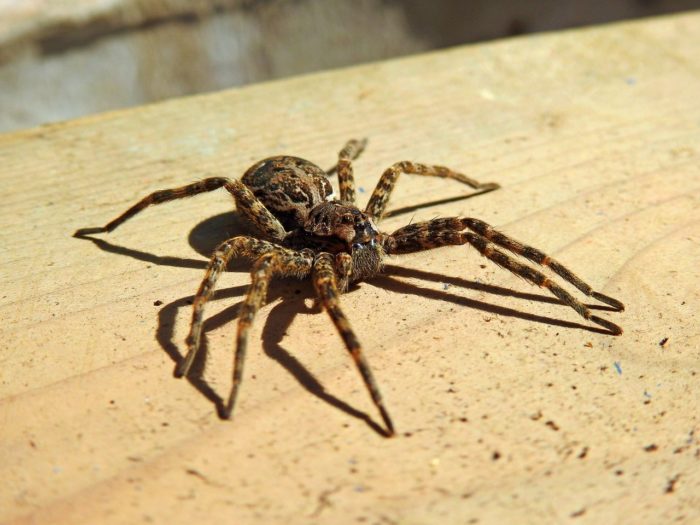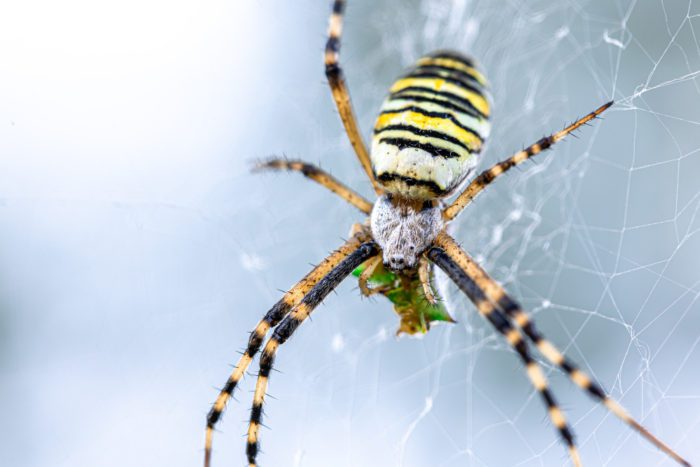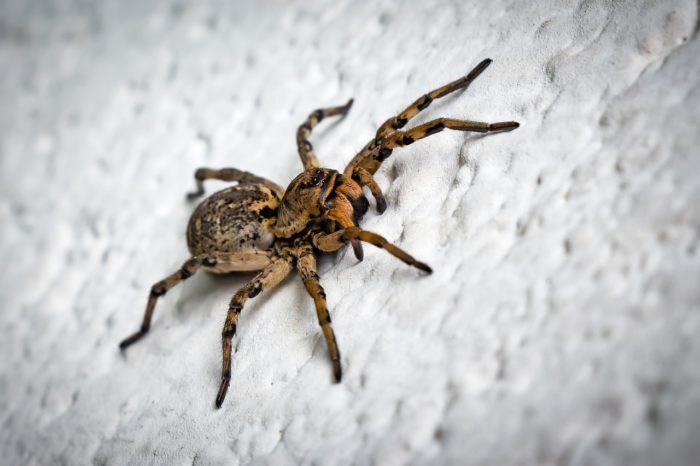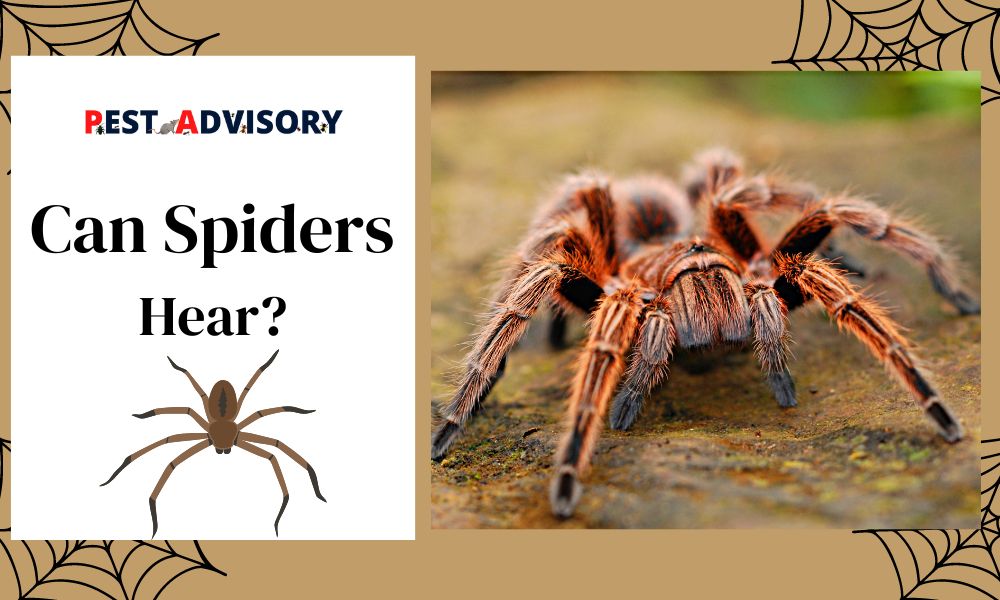Spiders are fascinating creatures that have long captured the imagination of humans. While we may associate them with creepy crawlies and webs, there’s much more to these eight-legged critters than meets the eye. In this article, we explore the fascinating world of spider hearing, from the science behind how they listen to the potential applications of this research.”
Can Spiders Really Hear You?
There are a lot of myths and urban legends out there about spiders. One of the most common is that spiders can hear you. But can they really?
The answer is a little complicated. Spiders have ear-like organs on their legs that pick up vibrations. So, technically, they can sense when something is moving nearby. However, they don’t have the ability to process sounds like we do. So, while they can sense movement, they can’t actually hear you.
Important Note: If you're tired of pests and want a reliable solution, then you should definitely consider seeking help from a professional pest control company. DIY solutions can be effective, but if you're dealing with a significant pest infestation, you don't want to rely solely on DIY methods. Pest control companies typically don't charge huge fees. You can fill out this form to receive free quotes from the top local pest control companies, and compare the quotes and see for yourself. Then, finally, your pest problems will be eliminated for good.
That being said, there are some species of spider that are more sensitive to vibrations than others. For example, the jumping spider has very good eyesight and can also pick up slight vibrations. This allows them to accurately jump on their prey even when it’s hidden from view.
So, while spiders can’t hear you in the traditional sense, some of them can sense vibrations quite well.

How Spiders are able to hear?
Spiders have no ears, but they can still hear! Their hearing organs are called pedipalps, and they’re located on the front of the spider’s body. The pedipalps are basically modified legs that help the spider sense vibrations in the air. So, when a spider is “hearing” something, it’s actually feeling vibrations through its pedipalps.
Some spiders can even sense very low-frequency sounds that we can’t hear! Scientists believe that these sound waves might help spiders communicate with each other, or help them find mates.
Spiders can hear sounds through their leg hairs, which flex in response to vibrations sent through the air or solid surfaces such as floors or walls. However, we previously assumed that they could only sense airborne vibrations from a few centimeters or “spider lengths” away.
Wiggly Hairs
Further research indicated that the sounds are registered by deformations in microscopic hairs on the legs called trichobothria. The same neurons fired when Gil Menda at Cornell University in Ithaca, New York purposefully moved the hairs, just as they did when the spiders heard the sounds.
The researchers also utilized isolation measures, such as operating in an echo-free chamber, to make sure the spiders weren’t reacting to vibrations that were not caused by the sound waves.

Which Spider is good at Hearing?
“Since all spiders have these hairs, it appears plausible that this is something that many spiders can do, rather than something unique to jumping spiders,” adds Menda’s Harvard University colleague Paul Shamble. “Because we now know spiders can hear at considerably wider distances, this result gives us a whole new perspective on the auditory world of spiders.”
Further tests revealed that, while the spiders were responsive to claps, they were more sensitive to low frequencies (about 80-130 Hz), which is similar to the frequency of parasitoid wasps’ wingbeats, which prey on jumping spiders. It’s also around a deep male voice’s pitch.
Is It Possible for Spiders to Hear You Scream?
Spiders can recognize the screams of terrified arachnophobes. It has been discovered that the aural range of jumping spiders allows them to hear vibrations rippling across the air.
Does Noise Scares Spider?
It’s a common belief that spiders are afraid of loud noises, but is there any truth to it? Let’s take a closer look.
While it’s true that some spiders are sensitive to vibrations, they don’t seem to be scared of noise specifically. In fact, many spiders use sounds to communicate with each other! So if you’re trying to keep spiders away with loud noises, you might just be making them angry.
Do Spiders Enjoy Listening to Music?
Yes, spiders can hear, and research has revealed that spiders prefer tranquil classical music over stressful music like techno and rap (at least those in the study!).
According to a study at Miami University, spiders enjoy listening to classical music. They created their webs as far away from the speaker as possible when listening to techno and rap, yet as close to the speaker as feasible when listening to Bach.
Is Sound Attractive to Spiders?
The intermediate noise levels, not the ‘silent’ level, are where the spiders are most receptive to prey. The rationale for this is that the intermediate noise level is most close to what spiders would hear from the wind blowing on a natural substrate like a leaf.
How Far Away a Spider Can Hear?
Spiders are able to hear frequencies as low as 100 Hz and as high as 10,000 Hz. They can detect these vibrations using the tiny hairs on their legs. Depending on the size of the spider, it can hear sounds that are up to 6 feet away.

Final Words
None of us could have guessed that spiders can actually hear as they lack the very prerequisite for hearing, their ears.
I am sure you will agree that it was interesting to learn that spiders can hear through their legs.
We hope you enjoyed reading our article.

